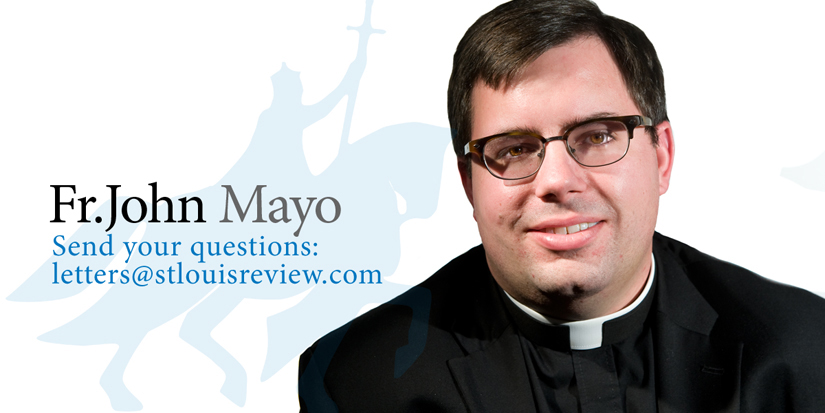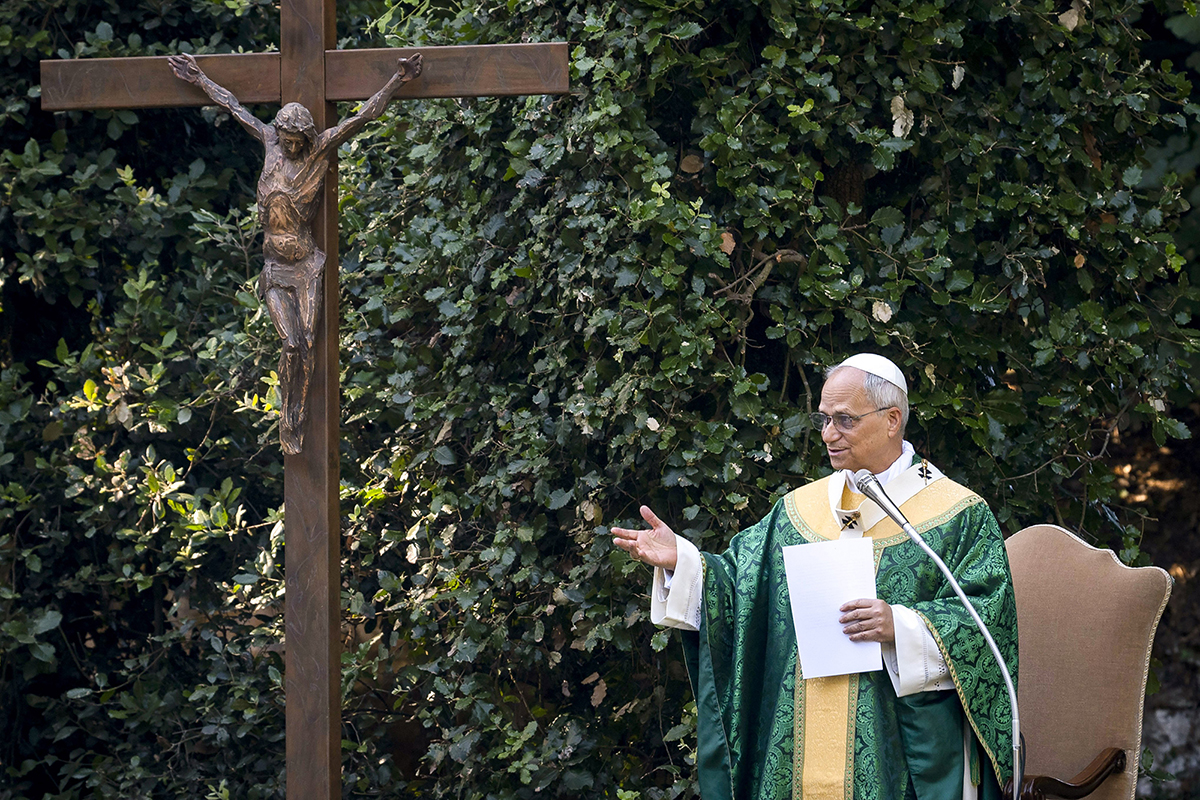DEAR FATHER | Pray for conversion of those who have not sought forgiveness
Do you have to forgive someone who has wronged you when they don’t seek your forgiveness?

You have heard that it was said, ‘You shall love your neighbor and hate your enemy.’ But I say to you, love your enemies, and pray for those who persecute you that you may be children of your heavenly Father, for He makes His sun rise on the bad and the good, and causes rain to fall on the just and the unjust” (Matthew 5:43-45).
Your question is a restatement of what Jesus teaches in the Sermon on the Mount. When someone has wronged us and doesn’t seek our forgiveness, they’re our enemy. What, then, is the Christian response to this situation?
One noticeable omission in this passage is Jesus’ call to forgive our enemies. In a similar article to this, Tim Staples of Catholic Answers writes that God is always willing to forgive, provided that the person seeks forgiveness of Him. God can’t forgive the souls of those in hell, because they don’t desire His mercy. If God requires this for forgiveness to be given, Staples writes, He can’t require a higher standard from us, His creatures.
However, we can pray for their conversion and petition God for them for His mercy. Jesus did this as He was being nailed to the cross. Jesus prays, “Father, forgive them, they know not what they do” (Luke 23:34). Jesus petitions His Father to forgive them, but doesn’t say that they’re forgiven, because they have just nailed Him to the cross and haven’t asked for forgiveness of Him. Jesus’ prayer for His persecutors was very profitable, for we know the centurion at the cross had a total conversion, declaring in prayer after Jesus’ death, “Truly, this was the Son of God!” (Matthew 27:54).
In the Sermon on the Mount, Jesus also commands that we love our enemies. Love doesn’t mean that we have to like them, spend time with them or have them over for dinner. As St. Thomas Aquinas classically defined it, love is selflessly willing the others good.
This is what God Himself does. God doesn’t hold a grudge or seek revenge. Instead, as Jesus says in the passage above, God’s blessings fall upon both those who seek Him and those who are against Him.
In daily prayer, we should not only pray for their conversion but also for God to bless them. And we should pray for ourselves that we be healed of grudges or thoughts of revenge and seek the Sacrament of Reconciliation to help heal these areas of our life.
Translating this into practical terms, we should act prudently to protect ourselves or those we love from being hurt any further. Perhaps a simple hello or truly wishing them a good day might be a great martyrdom of love for us, but it is truly loving them by willing their good.
This column appeared in a previous edition of the Review.
Father Mayo is pastor of St. Raphael the Archangel Parish in south St. Louis.




